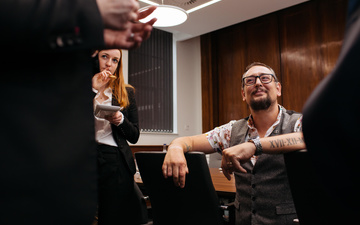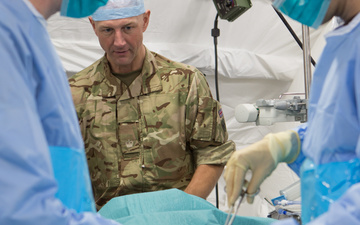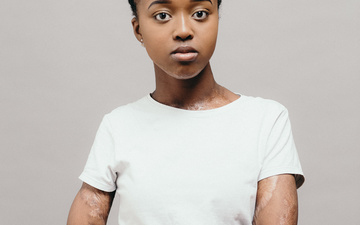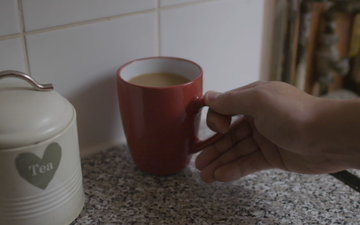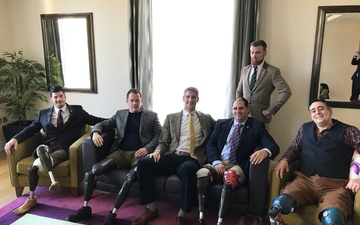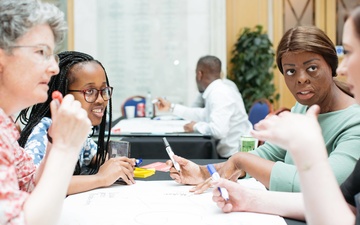Background:
Scalds are the most common type of thermal injury in children. These injuries are painful, and carry a risk of lifelong scarring, with associated physical, and psychological consequences and long-term healthcare requirements.
Risk factors for scarring are poorly understood and there is variability in scarring in children with small area scalds. Scar formation is likely to have genetic determinants. A better understanding of the role of genetic factors would enable personalised patient management in burns care.
There is currently little information on how scarring affects psychosocial outcomes in children and their carers over time. A greater level of knowledge would mean that appropriate support could be offered to those who were most likely to be affected.
Aims:
- To determine the feasibility of undertaking a longitudinal burn cohort study to assess the impact of genetic make-up on long-term scarring in children of less than or equal to five years of age with small area scalds (Body Surface Area (BSA) < 10%) in England and Wales.
- To increase understanding of how to predict risk factors for poor psychosocial adjustment amongst young children and parents after small area burn injuries.
Methods: This was a mixed methods project incorporating systematic literature reviews, qualitative analysis of interviews and workshops with parents of children with burns, quantitative data analysis of routinely collected data in burn services, on-site audit, and working collaboratively with a range of stakeholders including health professionals, researchers and charity representatives.



